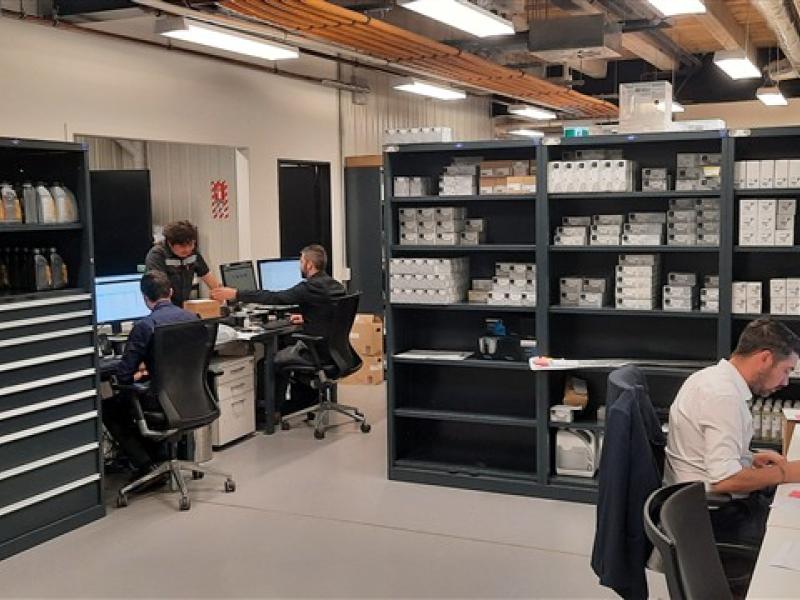New research by Xero has uncovered payment convenience is key for Kiwi consumers, but barriers such as expensive fees are turning off small businesses from embracing new digital methods.
Launched today, Xero’s latest report ‘I want to pay that way’, delves into the changing payment habits among consumers and how small businesses are adapting.
Three quarters (75 per cent) of New Zealanders typically use their physical bank card to pay in store, while one in seven (14 per cent) take only their mobile phone to pay in store. Cash is one of the least used - only eight per cent of Kiwis have cash readily on them to pay in store.
However, small business owners say they have a much higher reliance on cash payments, with 72 per cent believing if cash disappeared tomorrow, it would have an impact on their business.
Bridget Snelling, Aotearoa New Zealand Country Manager at Xero, says it’s essential for Kiwi small businesses to consider their digitalisation options when it comes to customer payment methods.
“Aotearoa New Zealand has a long history of embracing innovative payment solutions, starting with the introduction of EFTPOS, which made us an early leader in digital payments. As technology continues to evolve and convenience remains king, it’s important we continue to progress in this direction,” says Snelling.
From a consumer perspective it appears payment preferences are starting to shift - a quarter of Kiwis use Apple Pay or Google Pay to make payments, with younger generations leading the way in mobile payments. Looking at Gen Z in particular, 48 per cent of these consumers use Apple or Google Pay to make payments, compared with 28 per cent of millennials, 17 per cent of Gen X and 11 per cent of Baby Boomers.
But small businesses are slower to embrace this technology, with only 17 per cent of Kiwi small businesses offering Apple Pay and/or Google Pay payment facilities to their customers.
“It’s clear there is a strong preference for using digital payments by Kiwi consumers. Despite this, small businesses across the country are keen to hang on to cash payments, creating a mismatch between consumer desire and small business payment capabilities,” says Snelling.
Just one-third (39 per cent) of Kiwi small businesses have adopted a new payment method in the last 6 - 12 months, while 87 per cent of Kiwi small business owners say there is a barrier preventing them from offering new/different payment methods to their customers.
Expensive fees limited almost one-third (32 per cent) of Kiwi small businesses from embracing new payment methods, while a quarter either see no clear advantages (28 per cent) or believe it’s too complex/time-consuming to set up (26 per cent).
For those Kiwi small businesses who have adopted new payment methods, the most popular reported benefit is reduced time to be paid (19 per cent), followed by increased sales (16 per cent) and reduced time chasing payments (14 per cent).
The move to digital payments also has a broader benefit for the New Zealand economy.
“Our work with the New Zealand Institute of Economic Research shows a 20 per cent increase in the number of businesses adopting cloud-based business tools in the future could add up to $7.8 billion to Aotearoa’s annual GDP through improved productivity,” says Snelling.
“It’s essential we support small businesses to embrace digital tools to unlock their full economic potential.”
As a commitment to delivering on its strategy, Xero is building payment solutions to make it easier for small businesses to make and collect payments more seamlessly, while helping them to maintain a healthy cash flow.
Bharathi Ramavarjula, SVP of Payments, Xero, said: “Understanding how different consumers prefer to pay and giving them the flexibility to pay the way they want, will help small businesses get paid faster and grow their revenue. To make it easier to collect payments, Xero is providing more ways to pay in Xero.”






